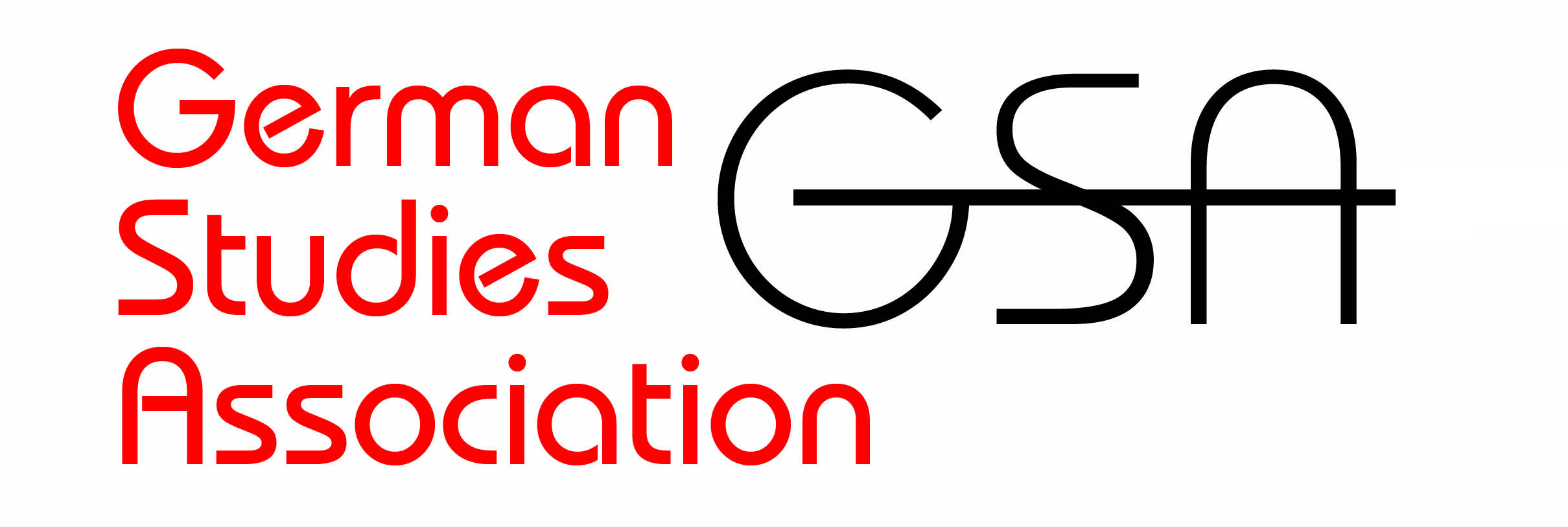2016 DAAD Book Prize
The DAAD and the GSA are proud to announce that Professor Matt Erlin, Washington University of St. Louis, is the winner of this year's DAAD Book Prize for the best book in literature or cultural studies published during the years 2014 and 2015. His book Necessary Luxuries: Books, Literature, and the Culture of Consumption in Germany, 1770-1815was published by Signale/Cornell University Press in 2014.
Here is the text of the committee's laudatio:
Matt Erlin's Necessary Luxuries: Books, Literature, and the Culture of Consumption in Germany, 1770-1815(Signale/Cornell University Press, 2014) is an engrossing, elegantly written, and carefully argued work. Erlin approaches 'luxury' as a Foucauldian field of discourse, and combines readings from the period's economists, social theorists, and critics to flesh out the contours of the debate surrounding the term. Close readings of important novels show the ways in which they positioned themselves within this discourse as positive, even necessary, luxuries. The book elucidates an important moment in German culture — the end of the Enlightenment and the rise of consumer culture — with implications for other national cultures, as well as for our understanding of subsequent developments in Germany. As the Digital Age calls the significance of literature into question, Erlin's approach prompts a useful rethinking of long-held assumptions.
2016 DAAD Article Prize
The DAAD and the GSA are proud to announce that Professor George S. Williamson (Florida State University) is the winner of this year's DAAD Article Prize for the best article in Germanistik or cultural studies published in the German Studies Review during the years 2014 and 2015. His article, "'Thought Is in Itself a Dangerous Operation': The Campaign Against 'Revolutionary Machinations' in Germany, 1819-1828," appeared in the GSR, volume 28, no. 2 (May 2015).
Here is the text of the committee's laudatio:
Professor Williamson's article, "'Thought Is in Itself a Dangerous Operation': The Campaign Against 'Revolutionary Machinations' in Germany, 1819-1828," examines the ways the state apparatus was deployed to locate and disrupt revolutionary groups in Vormärz Germany. It focuses on the means and ends of the logic of surveillance and thus provides important historical context for our own confrontations with political violence. Professor Williamson's essay was included in a special issue of the the GSR dedicated to the problem of "surveillance and German studies."
2016 Graduate Student Paper Prize
The GSA is proud to announce that this year's Graduate Student Paper Prize for the best paper in German Studies written in 2014-15 is awarded to Ariana Orozco, University of Michigan (now at Kalamazoo College): "The Objects of Remembrance: Jenny Erpenbeck's Short Stories Alongside Contemporary Exhibitions of East German Material Culture." The essay will be published in a future issue of the German Studies Review. The GSA congratulates her for her excellent achievement and thanks the selection committee for its outstanding work.
Here is the text of the committee's laudatio:
Ariana Orozco's well-argued and well-formulated essay, "The Objects of Remembrance: Jenny Erpenbeck's Short Stories Alongside Contemporary Exhibitions of East German Material Culture" compares memory practices and objects of everyday life in museum exhibits and literature. Contrasting the 2012 exhibit "Fokus DDR" at the Deutsches Historisches Museum in Berlin and the 2011 exhibit "aufgehobene Dinge" at the Dokumentationszentrum Alltagskultur der DDR in Eisenhüttenstadt, the essay also demonstrates how Jenny Erpenbeck's two short story collectionsTand (2001) and Dinge, die verschwinden (2009) narrate everyday life in East Germany through material culture and the intrusion of personal memory.
